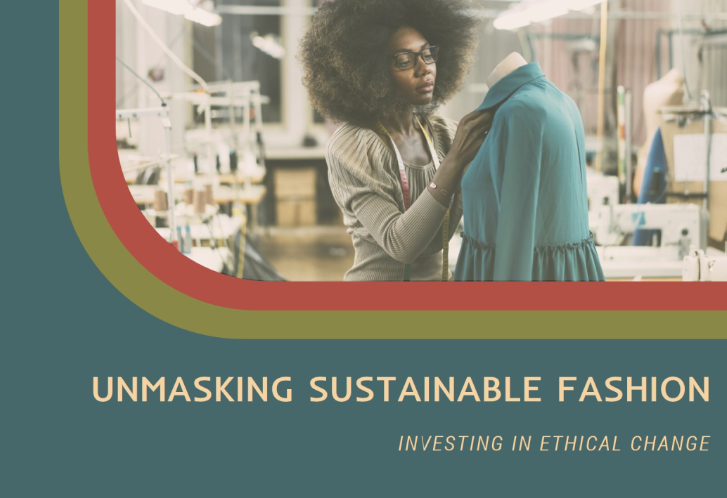
An Opinion Article by PEFC Editor Sorelle
Executive Summary
The fashion industry finds itself at a crossroads, where sustainability and ethical considerations demand center stage. In a world of fast fashion, characterized by fleeting trends and cheap garments, our choices resonate far beyond personal style. Influenced by voices like Greta Thunberg and mindful of the environmental toll, consumers are awakening to the power of their purchasing decisions, signaling a shift towards sustainable practices.
While the allure of traditional synthetic fibers wanes, there’s a growing embrace of eco-friendly alternatives like MMCFs, derived from plant-based sources. However, this transition must be accompanied by a conscientious approach to sourcing, acknowledging the complexities of supply chains and the human rights implications therein.
The true cost of fashion extends beyond the price tag, as underscored by tragedies like the Rana Plaza collapse. Upholding fair labor practices and ensuring safe working conditions are non-negotiable steps towards a truly sustainable future.
Transparency emerges as a beacon of accountability, empowering consumers to make informed choices. Initiatives like the Fashion Transparency Index and certification schemes like PEFC foster a culture of accountability, urging brands to uphold ethical standards throughout their supply chains.
As we navigate these waters, key questions emerge: Are our garments built to last? Can they be recycled or composted? And crucially, were they produced ethically? Collaboration across the industry is paramount, requiring engagement at every level of the supply chain.
In this era of conscious consumerism, the fashion industry stands at a pivotal moment. How we choose to respond will shape not just our wardrobes, but the world we inhabit. Let us embrace this opportunity for change with grace, empathy, and unwavering commitment to a more sustainable future.